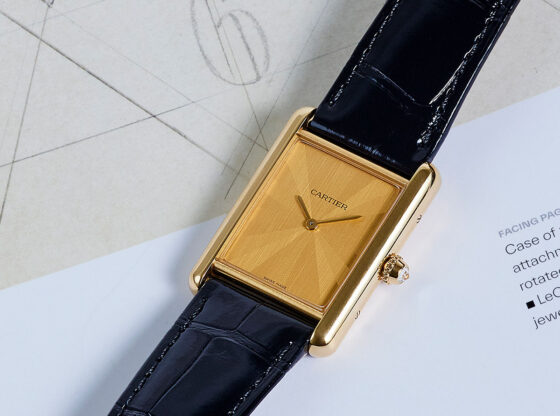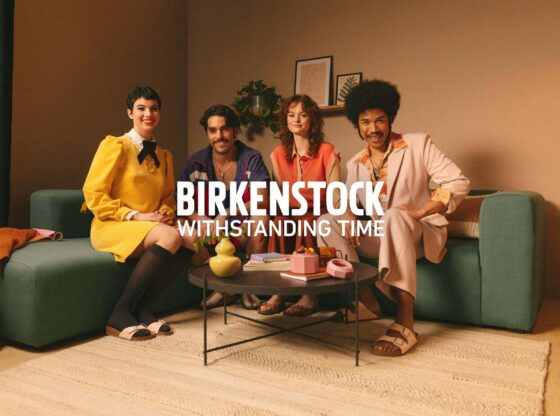![]()
Latest objections to product names are plain daft
Please, please, please can we draw a line under all this feminist insanity?
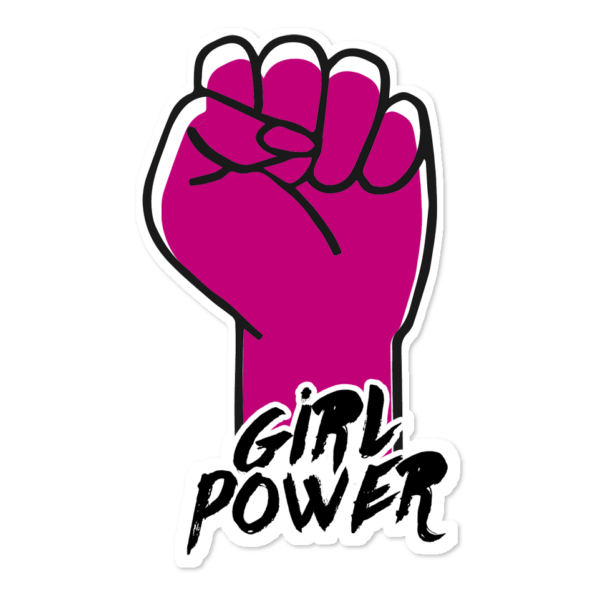 It’s way outside what many (not just the guys) consider reasonable now.
It’s way outside what many (not just the guys) consider reasonable now.
If we are not careful, the products of this world are going to have the most bland names imaginable.
Let me point to a few recent UK-based examples…
Consumers have complained that Kleenex Mansize disposable tissues have a sexist name and, it appears, the maker Kimberley Clark is listening.

The Mansize name has been in existence for more than 60 years. But it looks like being replaced by the name Extra Large.
Not to be sneezed at!
Was that really necessary – the name change I mean, not my tired old pun? I think not, but, then, I am a male.
It doesn’t stop there. The Waitrose supermarket chain (you can get some of their produce in the basement of Pattaya’s Central Festival) is having to rename a recently launched ready-to-eat item called the Gentleman’s Smoked Chicken Caesar Roll.

At £3.80 (a little more than Bt160) the roll is part of a range from top chef Heston Blumenthal. The “gentleman’s” part of the name is inspired by the anchovy mayonnaise used in it. Anchovies are a key ingredient in gentleman’s relish (they’ll be renaming that soon, if they haven’t already).
Seems Waitrose has apologised after the product was branded “outrageous” on social media. Apologise?
Come on now, it’s a filled roll. Let’s keep a sense of proportion.
I’ve even seen headlines suggesting that baking gingerbread men is no longer acceptable. They should be gingerbread people, apparently!
What next, I wonder?
I’m thinking of hounding all the makers of ladyshave products. How deplorable! Are they suggesting that is unacceptable for men to shave their legs or under their armpits? Where will this sexism end?

How long will it be before fragrance companies stop calling their products aftershave or adding pour homme to the name?
Do feminists find the idea of fragrances dedicated to either sex unacceptable one wonders.
I’m in favour of equal treatment for all whether that’s a male, female or (with Thailand in mind) something in between.
The row at the BBC back in January over unequal pay for those doing the same job served to illustrate this.
Then the BBC’s female China head, Carrie Gracie, resigned when it emerged that three male colleagues in similar roles were being paid more than half as much again. I wouldn’t attempt to justify that and, thankfully, the BBC has agreed and offered her back pay to cover the difference.
Gracie, to underline the fact that it was not about the money for her, opted to donate the full, undisclosed amount to the Fawcett Society, a charity that campaigns for gender equality and women’s rights. Fair play to her.
Same job, same skills?
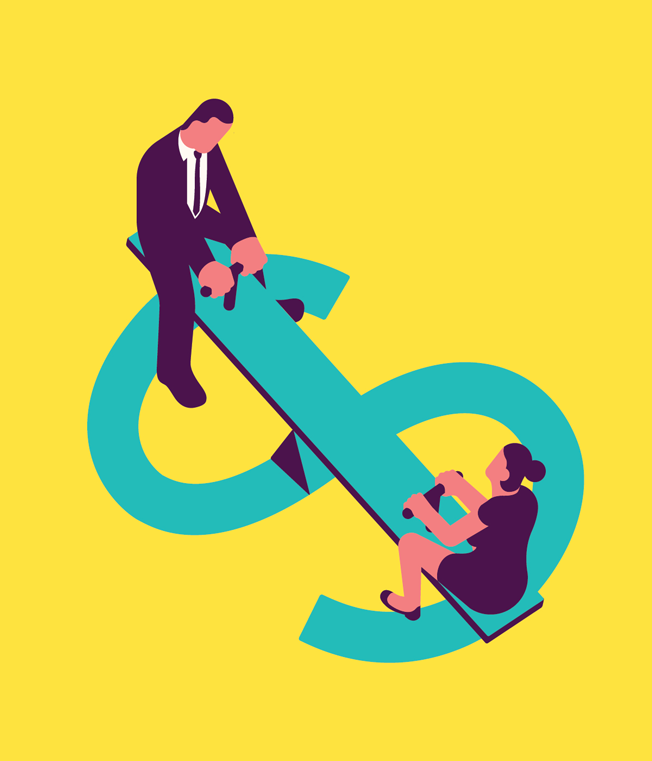
Sure, the pay should be the same. But can I add one big caveat? I also think everyone should be paid based on if they are able to put more bums on seats or more viewers in front of TV and cinema screens.
At the risk of getting a little contentious, let’s consider the world of professional football. Top lady players do not command anything like the wages the men do. If fact, I believe it is an enormous – and I do mean enormous – mis-match.
But the lady players of, say, leading club Chelsea, attract crowds of around 3,000. The men’s team usually gets another 40,000 on top of that figure at Stamford Bridge.
I believe it would be unfair if they were paid the same. However, let’s face it – the players each perform the same tasks. They almost certainly train as hard (maybe harder). They all play for up to 90 minutes. They all tackle and risk injury. They all head the ball and risk, perhaps, dementia in later life. They are, let’s not quibble here, performing the same tasks. But, equal pay for female and male footballers? I can’t see it happening in my lifetime.
That said, I could have come out with a similar observation about professional tennis until 11 years back. Then the organisers of Wimbledon opted to pay the same prize money to the men’s and women’s champions.
Until 2007, the contention was that men in major championships had to play the best of five sets while the ladies only had to play the best of three. So, a pay difference was justified. Sorry, but I think that was/still is a valid argument.

I don’t have all the facts and figures to hand, but I think it perfectly reasonable to suggest that over the period of the Wimbledon fortnight the best male players are on court for several hours longer than their female counterparts. Extra work for extra pay?
Back in 2015, multi-champion Novak Djokovic spoke up about pay differentials in tennis, suggesting that the ability to attract bigger audiences should dictate how the prize money was split.
That year on the BBC 9.2 million viewers watched the men’s final; the ladies’ match attracted 4.2 million. Fewer viewers, less time on court, but still the same prize-money. Can that be right?
Equal pay for equal work was the mantra of the women of Ford Motors in East London back in 1968 when they walked out in protest at not being paid the same as similarly skilled men (it should be said that this ‘pay difference for the sexes’ practice was even more common at the time than it is now).
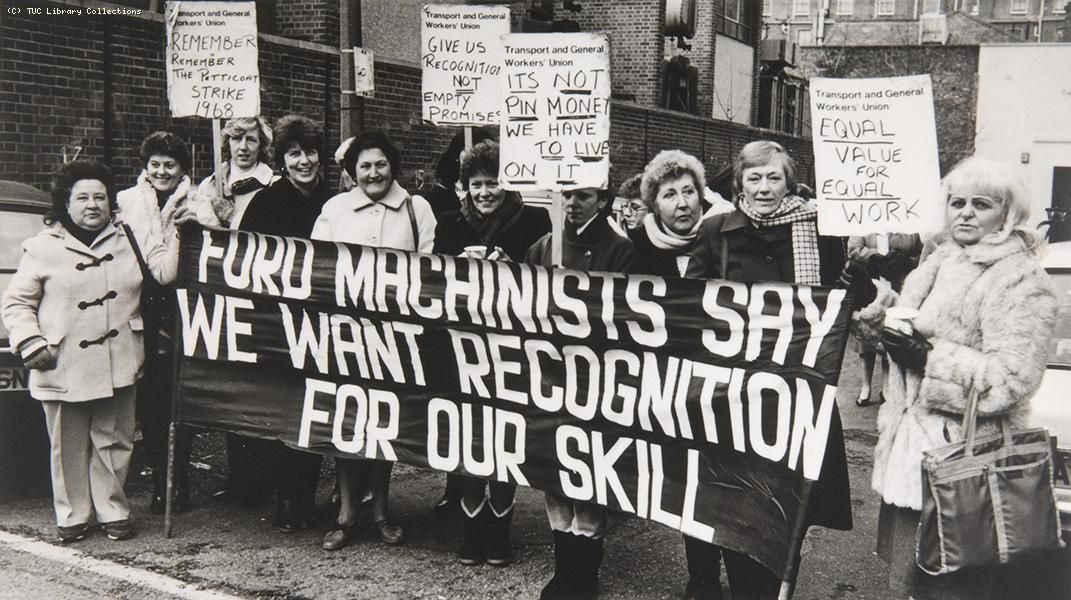
Their efforts were acknowledged by the UK Government and resulted in the passing of the Equal Pay Act two years later. I wonder what havoc it would cause if a Thai government tried to introduce similar legislation.
As indicated before, I’m in agreement with the concept of equal pay. But, some of the changes to our way of life being instigated in the name of removing sexism go too far… in my opinion.
by Dave Buckley






